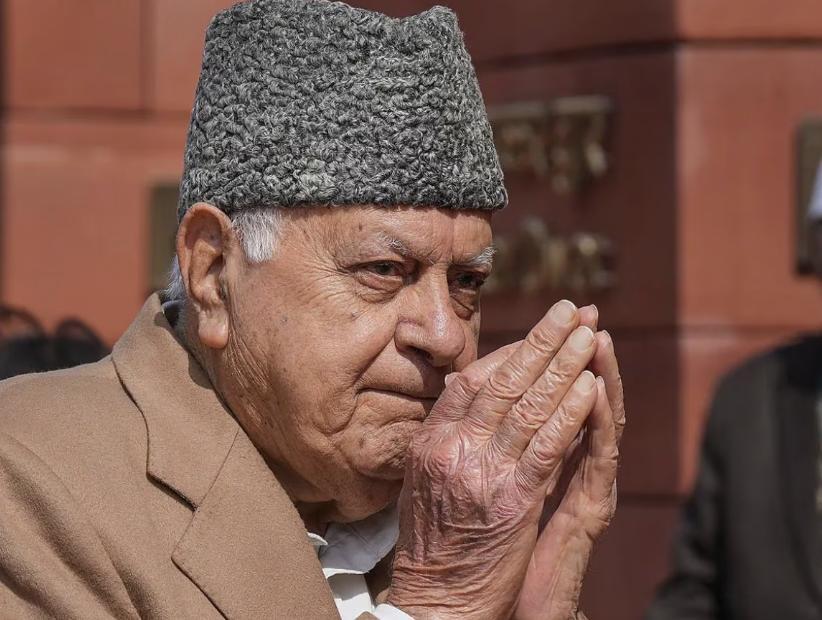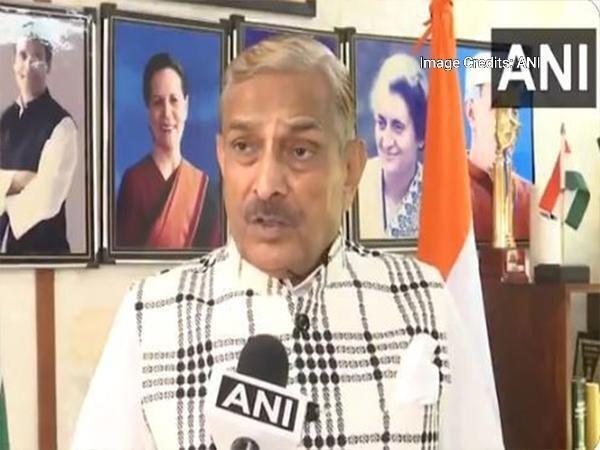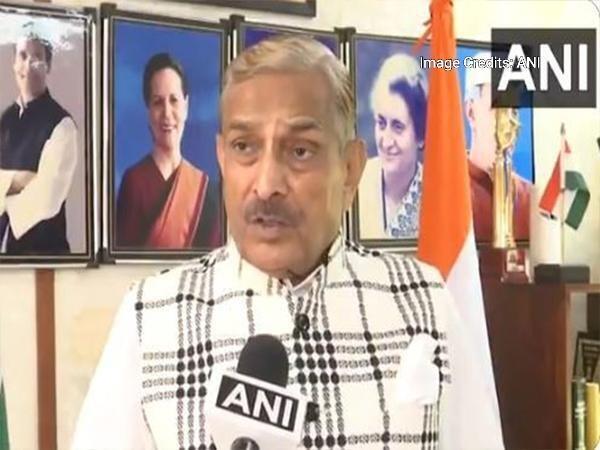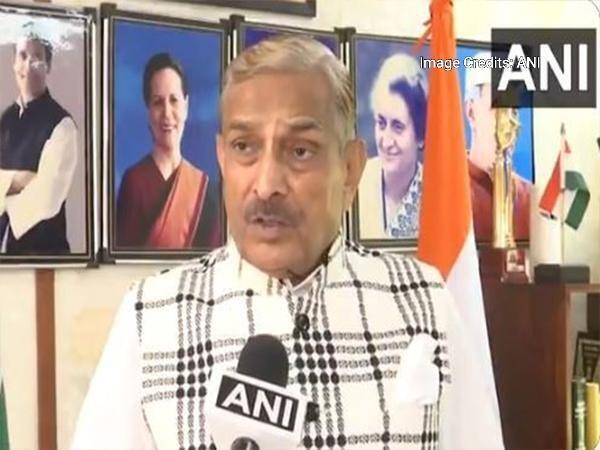
Title: Ex-R&AW chief Dulat claims Farooq privately backed Article 370 abrogation, he denies
The abrogation of Article 370, which granted special status to Jammu and Kashmir, has been a contentious issue in India for many years. The move, which was implemented by the Indian government in August 2019, has been widely criticized by many, including the former Chief Minister of Jammu and Kashmir, Farooq Abdullah. However, in his new book, ‘The Chief Minister and the Spy’, former R&AW chief AS Dulat has made some surprising claims about Farooq Abdullah’s role in the abrogation of Article 370.
According to Dulat, Farooq Abdullah privately backed the abrogation of Article 370, and even suggested that his National Conference (NC) would be willing to support the move if it were to be passed. This claim has been met with denial from Abdullah, who has called it a “figment of imagination of the author who claims to be my friend”.
The claim made by Dulat is significant because it suggests that Farooq Abdullah, who has been a vocal critic of the abrogation of Article 370, may have had some level of support for the move within his party or even personally. The move was widely seen as a major constitutional change, and many saw it as a betrayal of the people of Jammu and Kashmir.
In his book, Dulat claims that he had a conversation with Abdullah in which the former Chief Minister expressed his willingness to support the abrogation of Article 370. According to Dulat, Abdullah said that his NC would be willing to support the move if it were to be passed, and that it would help to address the issues of terrorism and separatism in the region.
However, Farooq Abdullah has denied these claims, saying that they are the result of Dulat’s “imagination” and that he has no recollection of such a conversation. Abdullah, who is also the president of the National Conference, said that he has always been opposed to the abrogation of Article 370 and that he has been fighting for the rights of the people of Jammu and Kashmir.
The controversy surrounding Dulat’s claims has raised questions about the nature of the conversation between the two men. While Dulat claims that the conversation took place, Abdullah has denied it, saying that he has no recollection of such a discussion. The truth of the matter may never be known, but the controversy has highlighted the complex and often contentious history between India and Jammu and Kashmir.
The abrogation of Article 370 was a major move by the Indian government, and it has had significant consequences for the people of Jammu and Kashmir. The move was seen as a major constitutional change, and it was widely criticized by many, including the people of Jammu and Kashmir. The move was also seen as a betrayal of the people of Jammu and Kashmir, who had long been treated as a separate entity within India.
The controversy surrounding Dulat’s claims has also raised questions about the role of intelligence agencies in Indian politics. Dulat, who was the head of the Research and Analysis Wing (R&AW), India’s external intelligence agency, has been accused of using his position to influence the political process. The controversy has highlighted the need for greater transparency and accountability in the functioning of intelligence agencies.
In conclusion, the controversy surrounding Dulat’s claims about Farooq Abdullah’s role in the abrogation of Article 370 has highlighted the complex and often contentious history between India and Jammu and Kashmir. While the truth of the matter may never be known, the controversy has raised important questions about the nature of the conversation between the two men, and the role of intelligence agencies in Indian politics.
News Source:
https://repository.inshorts.com/articles/en/PTI/5880e3bf-0a05-40d6-887a-465b5c760b3a






